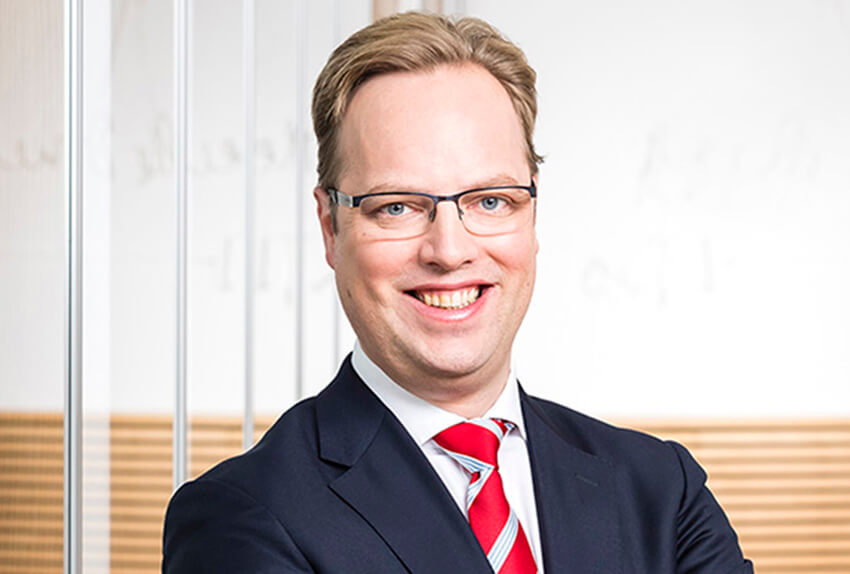Watson Farley & Williams (“WFW”) has advised leading French private equity investors Naxicap Partners (“Naxicap”) on their acquisition of German flat roof specialist alwitra from current owner Joachim Gussner.
It has been agreed not to disclose the purchase price or any further details of the contractual agreements as the transaction is still subject to merger control clearances.
Founded in 1964, alwitra is a market leader in Germany for plastic roofing and sealing membranes for flat roofs. The company generates an annual turnover of around €80m and has around 300 employees at its two main facilities in Trier and Hermeskeil.
An affiliate of Natixis Investment Managers, Naxicap currently manages a portfolio of investments valued at circa €3.2bn. Naxicap plans to expand alwitra’s future growth by strengthening its international presence.
The cross-border WFW team advising Naxicap was led by Frankfurt Corporate Partner Dr Christoph Naumann, working closely with Frankfurt Banking & Finance Partner Frederik Lorenzen and Hamburg Tax Partners Verena Scheibe and Jörg Walzer. Hamburg Partners Dr Maximilian Boemke (Regulatory), Dr Andreas Wiegreffe (Employment), Eckrolf Berg (Real Estate) and Of Counsel Torge Rademacher (IP/IT) also advised. They were assisted by Senior Associates Dr Jan Henrik Pesek (Corporate), Nora Fleischhauer, Dr Vinzent Bargon and Christian Schnurrer (all employment) and Associates Dr Marius Rothermund, Muteber Yalcin, Janine Henger, Cathrin Gelhaus (all Corporate), Verena Weider (Tax) and Alexander Piepenbrock (Banking & Finance). WFW Paris Office Head Romain Girtanner, assisted by Associate Hélène Ibos, advised on the French tax law aspects of the transaction.
Christoph commented: “We are very pleased that Naxicap – following on from the acquisition of Lautsprecher Teufel in 2018 – has once again opted for WFW to provide them with legal and tax advice on their second direct investment in Germany. That they did so is testament to our excellent reputation for first-class transactional advice and seamless cooperation across service lines”.












